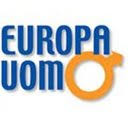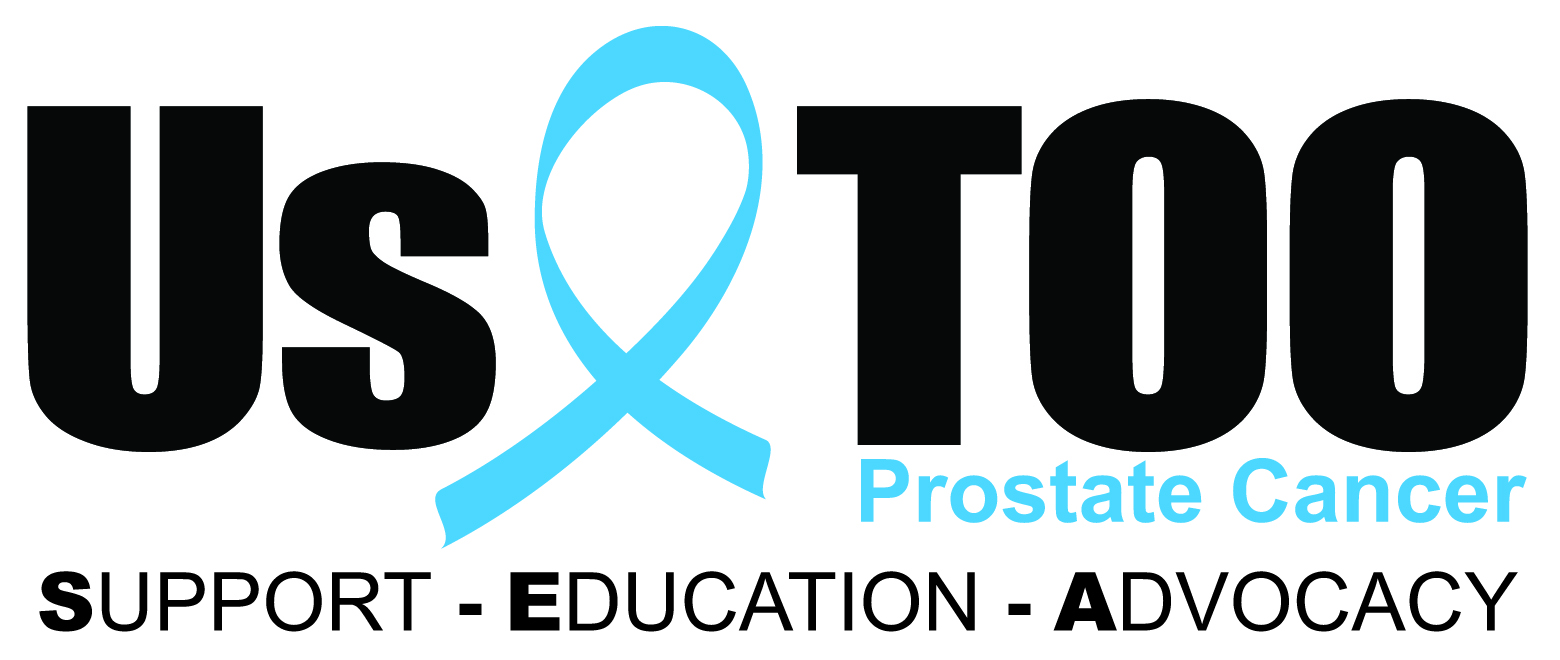By primary prevention, we mean preventing the factor or factors which can cause cancer (carcinogens) from coming into contact with individuals with a higher risk of developing it.
A clear example of primary prevention is stopping children from smoking or persuading adults to give it up.
As the exact cause of prostate cancer is unknown, it is impossible set out recommendations for its prevention.
Below we will see that most risk factors are of genetic origin (age, race, family history) and that, in fact, the only accepted preventive factor is diet.
When does the risk of prostate cancer increase?
The risk increases with age: from aged 50 in men without any previous family history and from aged 40 in men with previous family history (see below).
At aged 50, men have a 30% chance of developing prostate cancer, increasing progressively to 80% at aged 80.
At 65, the figure fluctuates between 30 and 40% of men.
In total, 60% of men develop prostate cancer during their lifetime.
But many men with prostate cancer will not be diagnosed while alive and will die of other causes. This is because of the slow growth rate of this tumour, which is a consideration in therapeutic decisions as will be seen in ‘Treatments’.
What constitutes family risk?
If an immediate family member (father, grandfather, uncle, brother) has been diagnosed with prostate cancer before the age of 65, the risk of suffering from prostate cancer increases 11-fold.
If there is a history of breast cancer in the family (grandmother, mother, aunts, sisters), the men in that family have an increased risk of developing prostate cancer.
Are certain races more susceptible?
Americans of American origin or Afro-Americans have double the risk of developing prostate cancer compared with Americans of Caucasian origin.
The incidence of prostate cancer in people with black skin who have always lived in Nigeria has been studied and has not been found to be high. The phenomenon which occurs in Afro-Americans is therefore thought to have environmental causes (for example, diet).
Japanese and Chinese men, on the other hand, have the lowest levels of incidence, giving rise to many hypotheses about the protective qualities of soya and its derivatives.
Are there diets which protect against or encourage prostate cancer?
There is some evidence to suggest that diets excessively high in fat, especially of animal origin, and milk and its derivatives increases the likelihood of its development, whereas diets rich in fruit and vegetables have a protective effect.
Other harmful factors may be lack of exposure to the sun, vitamin D deficiency and alcohol consumption.
 English
English Español
Español


